Should I seek counseling? How do I get started finding one?
Going to counseling is a brave step in your healing journey . . . and I would say a necessary one. But what should you ask a potential therapist before making the investment of your time and money? Trusting someone with the most intimate details of your story can be intimidating so making sure you find a good fit for you is so important as you begin to work through your pain.
Here are 5 questions to ask before you sign up with a potential counselor:
1. What kind of professional licensing do you hold and what is your counseling approach and philosophy?
Before you sign up with a therapist, take the time to research the various approaches in counseling and mental health. Make sure that the counselor you say yes to uses methods that you feel comfortable with because if you’re not comfortable with their therapeutic style, you might find yourself resistant to opening up and being vulnerable with your counselor.
2. Do you have experience with __________? Are you trauma informed?
It is important to find someone who has experience with what you are specifically dealing with. If you’re wrestling through grief, you’ll want someone who has worked with clients who have endured a loss. If you are dealing with anxiety or depression, find someone who knows how to help those with similar struggles.
If you’ve endured trauma, you will want to find a counselor who is well versed in trauma care and working through the many challenges that can present after a traumatic event.
3. Do you integrate a faith perspective into your counseling? Do you start from a biblical premise/worldview?
Because so much of our pain can affect every part of our lives, including our spiritual journey, finding someone who shares your faith perspective can be so important. Some counselors are trained in Biblical counseling and solely use the Bible as their tool for change. Other therapists may be Christians who are Licensed Professional Counselors, which means they can offer a clinical perspective that will incorporate theories and understanding of human behavior and thinking, while also integrating the Christian faith in their practice. Knowing that your therapist shares your worldview will help provide a framework of faith in your healing.
4. How do you think counseling can help me?
After briefly sharing with a prospective counselor what you are looking for help in, asking how they believe counseling can help you may offer some insight into whether or not they will be a good fit. If the possible goals and feedback they give sound like what you’d like to accomplish in your time with them, it may mean you are both on the same page and able to work together in your healing process.
5. How should I prepare each week and how can I know counseling is working for me?
Knowing what the typical weekly preparation will entail and how you can gauge when the process is working will help you know what you can expect and whether or not this will be a good fit for you in your current season of life.
It can be difficult to make that first contact with a potential counselor, but having some simple questions to ask can help guide you into the best fit for you. No matter what, know that counseling works best when you find someone with whom you feel safe and can openly share your story so it can take some time to find the right counselor. It can be a process, but making the commitment to find someone who can walk with you through your pain is such an integral step in your healing journey so don’t give up!
Get the Pain to Purpose Course
This 11-part video course is a proven pathway to help you remove the debris of crisis in your life, repair the broken pieces left in its wake, rebuild a solid foundation, and move forward with a renewed sense of purpose and victory.

